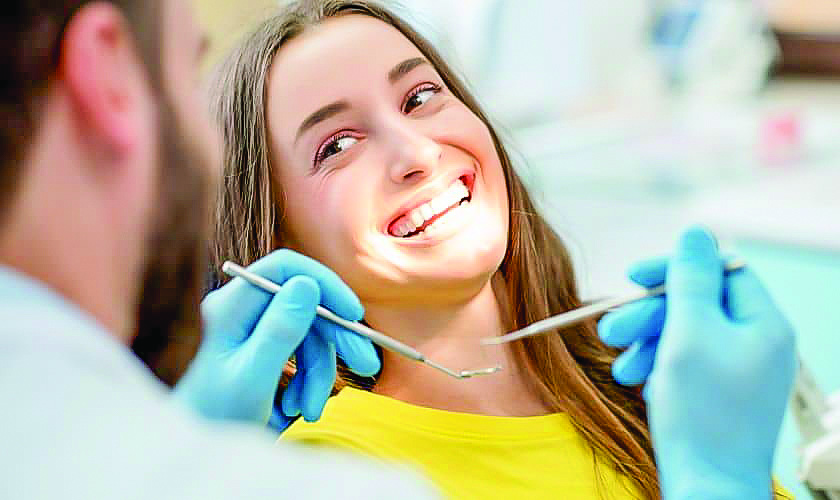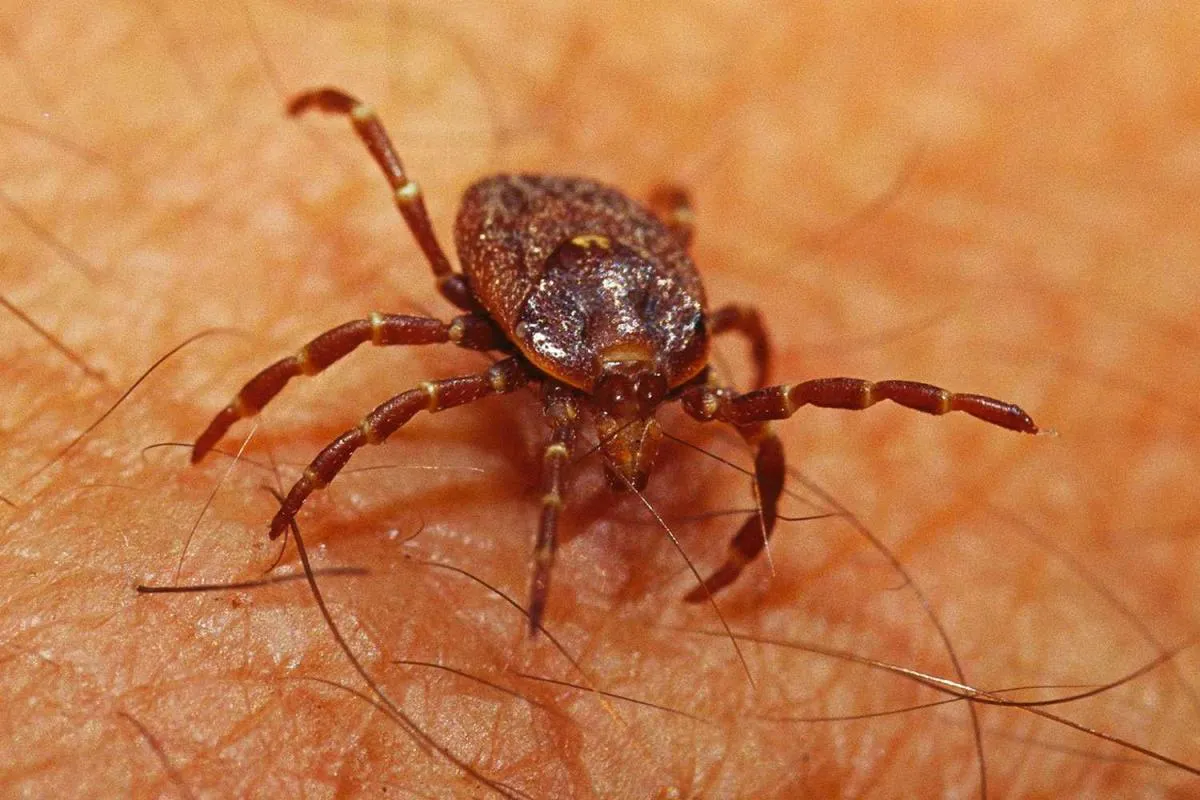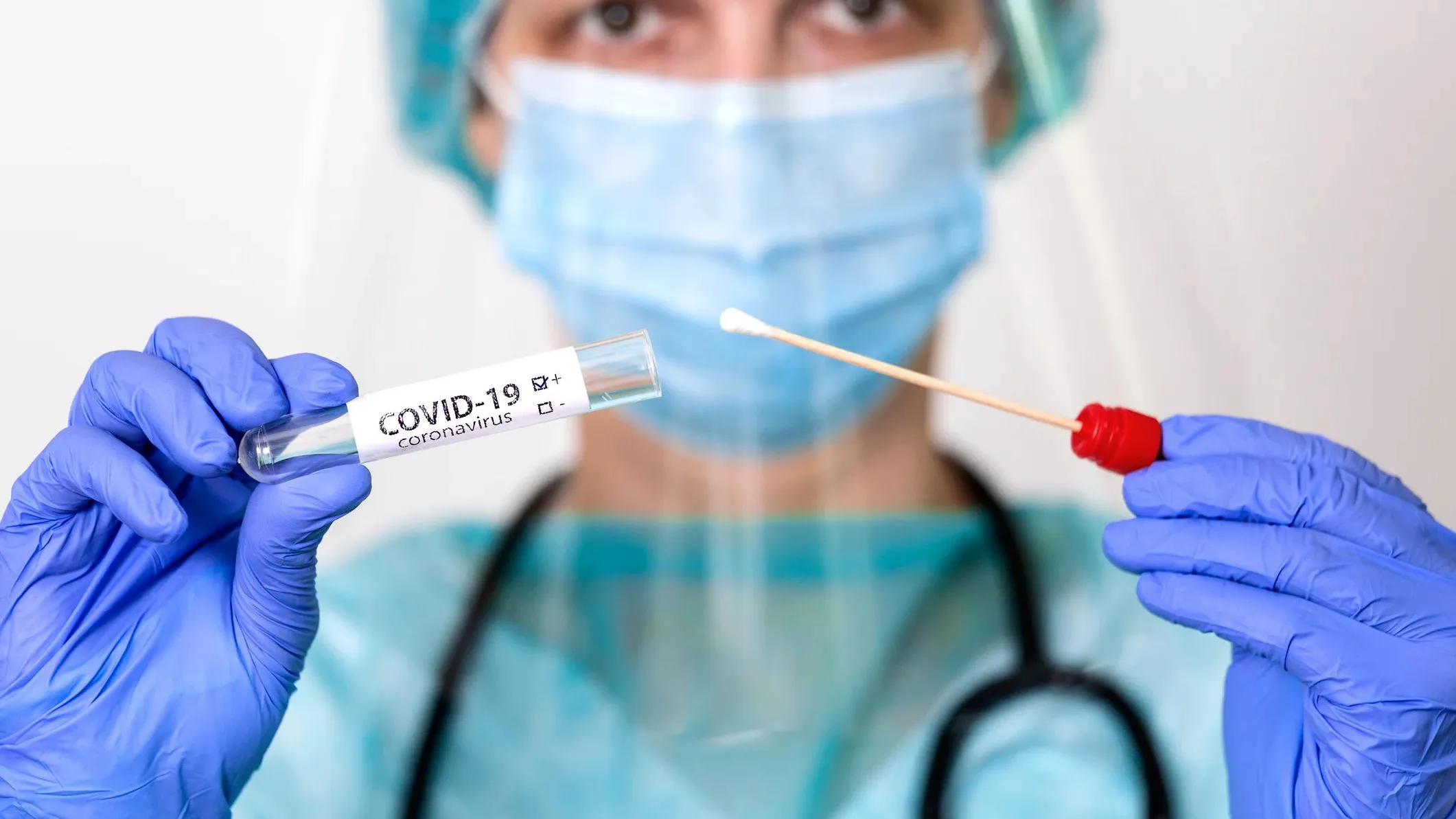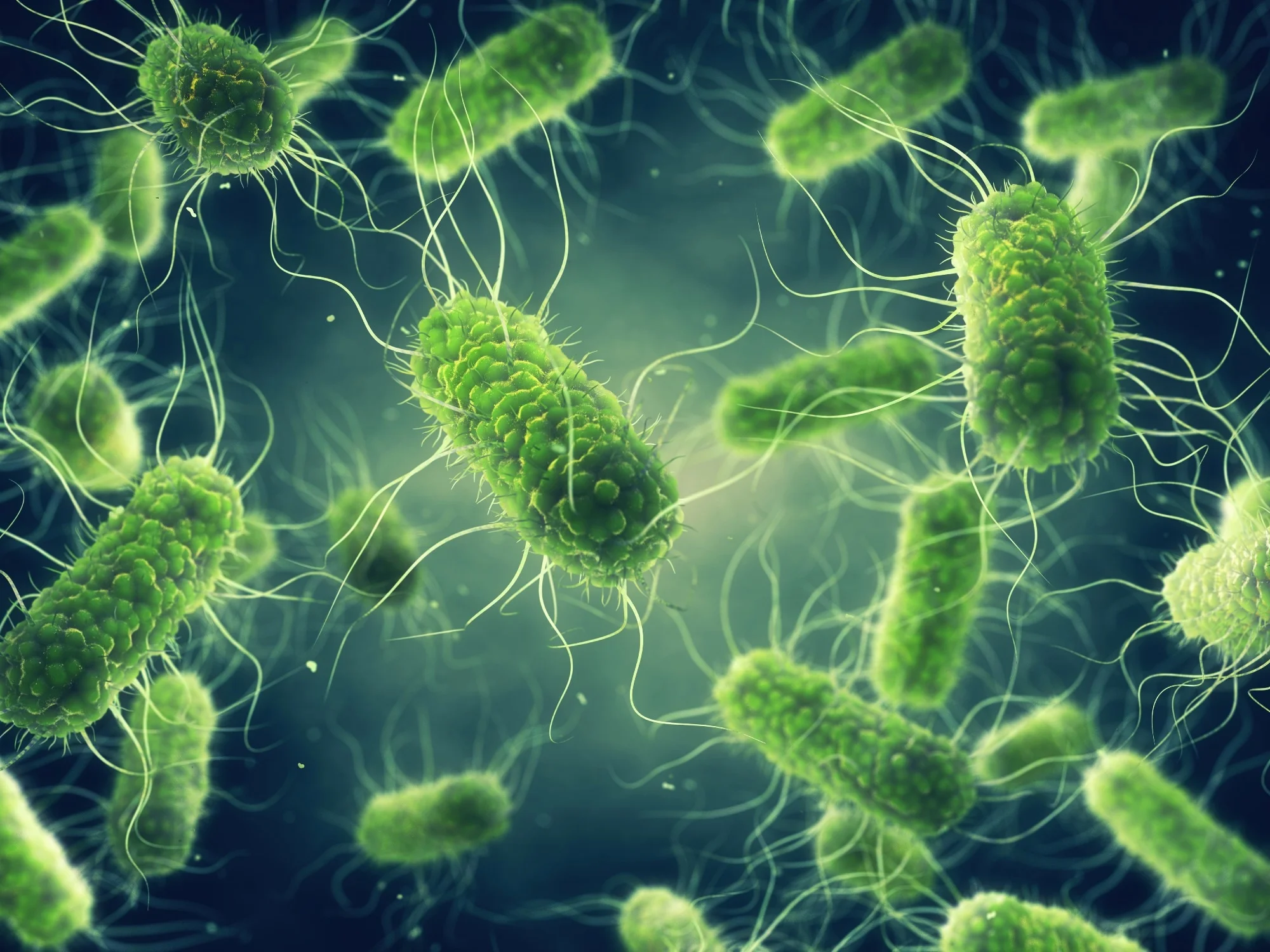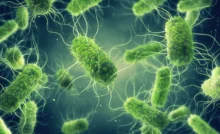Dental health, an integral component of overall well-being, is influenced by various factors, including genetics. Genetics play a significant role in determining an individual’s susceptibility to dental conditions such as tooth decay, gum disease, malocclusion and oral cancer. Understanding the genetic basis of dental health can aid in the development of personalized dental care strategies and early intervention measures.
Genetic Factors in Tooth Development and Structure
Tooth development is a complex process regulated by a multitude of genes. These genes control the formation of enamel, dentin and cementum, which are critical for the structural integrity and function of teeth. Mutations or variations in genes can lead to enamel defects, making teeth more susceptible to decay and wear. Enamel hypoplasia, characterized by thin or missing enamel is one such condition often linked to genetic anomalies. Similarly, dentinogenesis imperfecta, a condition resulting in discoloured, weak or translucent teeth, is caused by mutations in the gene.
Genetic Predisposition to Tooth Decay
Dental caries, commonly known as tooth decay, is a multifactorial disease influenced by genetic and environmental factors. Research has identified several genes associated with an increased risk of tooth decay. Variants in the gene DLX1, which is involved in tooth and craniofacial development, have been linked to higher caries susceptibility. Additionally, genes affecting saliva composition and flow, such as AQP5 and CA6, also play a role in caries risk. Saliva acts as a natural defence mechanism by neutralizing acids and providing antimicrobial agents. Genetic variations affecting quantity or quality of saliva can predispose individuals to decay.
Periodontal Disease and Genetics
Periodontal disease, including gingivitis and periodontitis, is primarily caused by bacterial infections but has a significant genetic component. Studies have shown that variations in genes related to the immune response can influence an individual’s susceptibility to periodontal disease. These genes regulate the production of inflammatory cytokines, which play a crucial role in the body’s response to bacterial infection. Genetic predispositions can result in an exaggerated inflammatory response, leading to tissue destruction and bone loss characteristic of periodontal disease.
Malocclusion and Genetic Influences
Malocclusion, or misalignment of teeth is another dental condition with a strong genetic basis. Genes involved in craniofacial development have been implicated in the etiology of malocclusion. These genes regulate the growth and development of the jawbones and teeth and variations can result in structural anomalies such as crowded teeth, overbite, underbite and crossbite. Inherited traits from parents such as jaw size and tooth size also contribute to the development of malocclusion.
Oral Cancer and Genetic Risk Factors
Oral cancer is a serious condition influenced by both genetic and environmental factors. Genetic predisposition to oral cancer is often linked to variations in tumour suppressor genes and oncogenes such as RAS. These genes regulate cell growth and apoptosis and mutations can lead to uncontrolled cell proliferation and tumour development. Additionally, genetic polymorphisms in genes involved in DNA repair can affect an individual’s ability to repair DNA damage caused by environmental carcinogens, increasing the risk of oral cancer.
Personalized Dentistry and Genetic Testing
The integration of genetic information into dental practice offers the potential for personalized dentistry, where prevention and treatment strategies are customized to ndividual’s genetic profile. Genetic testing can identify individuals at higher risk for certain dental conditions, allowing for early intervention and targeted preventive measures. For instance, individuals with a genetic predisposition to periodontal disease may benefit from more frequent dental cleanings and personalized oral hygiene regimens. Similarly, those at higher risk for dental caries can receive fluoride treatments and dietary counselling to reduce their risk.
To Summarize, the role of genetics in dental health is profound, influencing various aspects of tooth development, susceptibility to dental diseases, and response to treatment. Understanding the genetic basis of dental health can pave the way for personalized dental care, improving outcomes and enhancing overall oral health. As research in dental genetics advances, the potential for early diagnosis, prevention and personalized treatment continues to grow, promising a future where dental care is more precise and effective.
The author is the Founder Chairman and Managing Director, FMS Dental Hospital.


